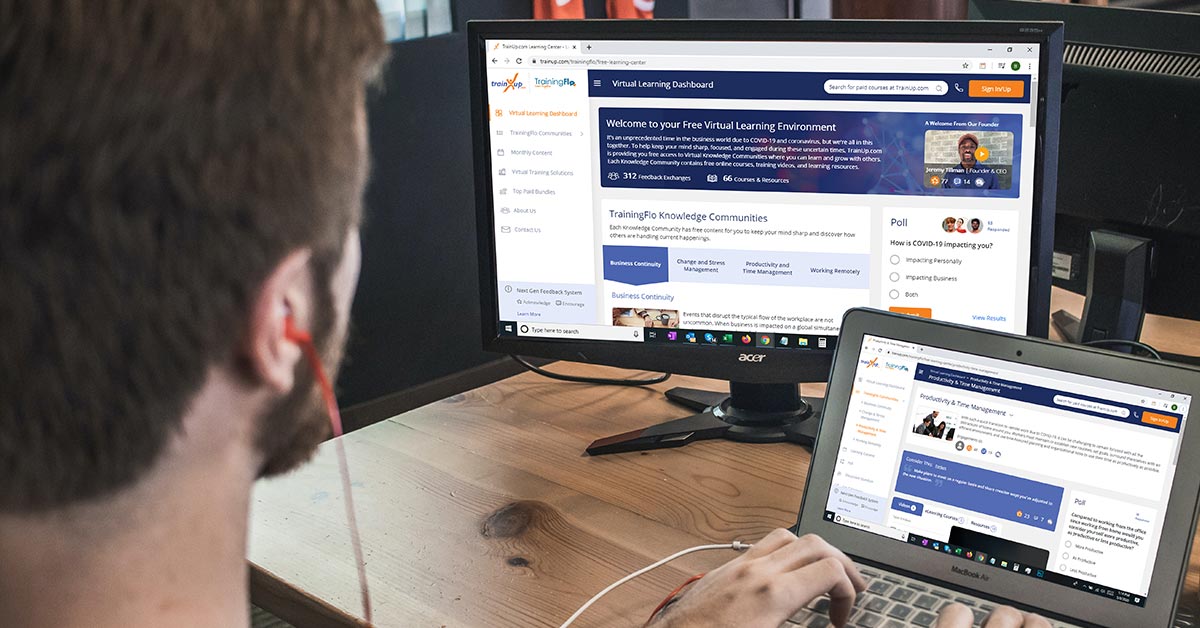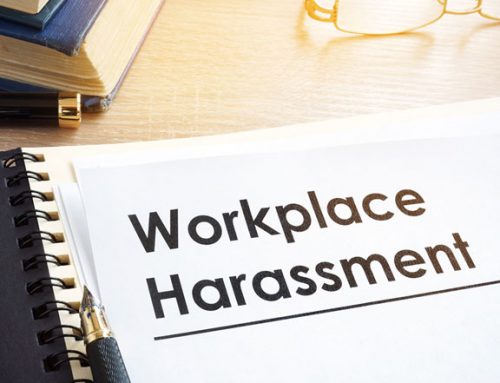The idea of a vacation is to unwind and unplug, right? Unfortunately, for most of us it doesn’t actually happen that way. For way too many of my friends, definitely not. In fact, it was my most recent vacation with my friends, or lack thereof that inspired me to write this article and to beg the question: Why do we find it so difficult to switch off?!
How many people take their laptop with them to the beach? How many of you check email while out to dinner? The answer is too many, yourself likely included, and why?
Do you feel guilty about taking time for yourself?
Why does being away from work feel wrong?! Think about this: Is a moment of uninterrupted enjoyment and connection with your loved ones too much of an indulgence? Does it really have to be that way? (Remember that time before email was available on your phone. Wasn’t it wonderful?)
Do you feel like you are doing something wrong by asking for time off from work? Do you feel that you are not a good employee for needing to take time away? Do you also see how unreasonable that is toward yourself to think that way? You are not alone in this internal struggle.
It seems that in America, we are conditioned to be afraid to take good care of ourselves. We have a culture that promotes the sacrifice of our physical and mental health for our career growth. To be the best, the first, the #1 at everything. Life is birth, work, work, work, and then death. Very often we sacrifice relationships with our families, and our own personal happiness for our workload. Often this is just out of personal insecurity, and for lack of a better word, our cultured guilt.
In an article for CBS news, author Alan Sherter says, “The typical U.S. worker at a private company gets 10 days of paid vacation and six paid holidays per year. That is markedly less than what employees in Europe receive. France has the most generous vacation policy, mandating a minimum of 30 paid days off per year. The U.K. comes in at No. 2, at 28 vacation days, followed by Denmark, Finland, Norway and Sweden (25 days).”1
It clearly is the American way to work hard. We simply have never experienced anything but. With the fast pace of life here, vacations have become a lost art. Some people do not even come close to taking all of their paid vacation days, leaving them completely unused. However, we cannot overlook their importance in our lives. We all need something to look forward to during the year, and a change of scenery and chance to reconnect with what is important. There is simply no way we can continue to trend towards becoming a no-vacation-nation.
When I look at the struggles faced by people like my friends, it concerns me. It seems like such a fight with all the work required to prepare for leaving the office, then they log on to answer emails during the trip, and are bombarded with more stress when they get back to work and need to catch up. The gap for relaxation is constantly shrinking every year with every trip we plan. Eventually there won’t be full day that can truly be called a vacation day.
Time management skills may have to be called into consideration here. Maybe we aren’t always putting the principles of time management into practice? Maybe our lack of time management, and poor planning prior to leaving, is the cause of us feeling the need to constantly check in with the office while we are away? What do you personally practice in order to turn your priorities into attainable goals? Do you even have a system? If not, it may be worth it to check into some time management courses for yourself or your team.
In some cases, a side comment from your boss may make you think that you’re doing the wrong thing for the company, and cause you to question your dedication. However, you should never allow yourself to feel that way. Taking time to relax is sometimes the most important thing you can do, and it is absolutely needed to have the ongoing ability to stay energized and focused on your daily tasks. One of my friends in particular is very sensitive about things his boss may say jokingly in passing. He works incredibly hard, and if anything is mentioned regarding his performance, he takes it personally. Lots of people do. A simple joke about “hardly working” or “lounging on the beach” causes too much guilt, and he starts to internalize this insecurity until becoming a workaholic in order to feel some sort of misguided appreciation. Yet in the end, it’s simply tumbling down the rabbit hole towards high blood pressure and insomnia. I tell him: Go to that beach, take some time, and enjoy yourself. You don’t have to feel ashamed about it.
In fact, Sometimes the greatest innovation comes when you have the time to get away from the normal day-to-day, and have time to “drain your brain”. If you empty your thoughts of all the little “to-dos” then you have the capacity to think bigger and be more creative. For business owners and executives, this can be a crucial element for the growth and vision of your company.
Are you worried about work pilling up while you are gone?
Many people find it difficult to completely let go of their work responsibilities while on vacation simply due to the worry of being too busy when they return. In a fast paced work environment with time-sensitive projects, this can create an overwhelming sense of urgency that is nearly impossible to shut off. In the case of my friends, this is a constant struggle. When they are not actually replying to an email, they’re often thinking about it.
The most important thing you can do for yourself and your company is to refresh yourself when you need to. If you do not take breaks, you will burn-out and be unproductive. That is doing nobody a favor. Managers need to be aware of the importance of this. Unfortunately, many Americans tend to refute the need to get away from work from time to time. As a nation, we have come to fear asking our employer to take a break, fearing it will make us seem as lacking in work ethic, earning the disapproval from our superiors. Perhaps there are not enough resources to cover the workload while one person is gone? Or your manager is concerned about staggering vacations as not to impact the output of work from your team? These are all valid concerns in the workplace, but none of them justify shaming a person for occasionally coming up for air.
One of the best points of view on this comes from Bruce Miller, Author of Your Life in Rhythm. Bruce discusses the topic of living life in a rhythm versus a balance when it comes to juggling both work and your personal life. Rhythm is how life is meant to be lived, instead of feeling the pressures of struggling to maintain an unobtainable “balance”. Life flows and changes in this rhythm, like an organic thing. Life is not rigid and dead like a balance beam. He says “The concept of balance is flawed because it assumes that our lives will reach equilibrium at some fixed point in time”. You see, as your priorities and your phase of life changes, so in fact shifts your rhythm, and it never does balance out. Regarding taking vacations, this is what Bruce has to say: “The point is not merely that we need rest, but that we need both work and rest”. This is an important idea, you cannot have a life that is all play and no work, just as you certainly cannot have a life that is all work and no play.
Another great quote comes from Mathew Kelly, author of The Rhythm Of Life: “Stress isn’t bad. Stress all the time is bad. Downtime isn’t a waste of time. Too much downtime is a waste of time”.
Both of these quotes point to the same concept, staggering periods of stress and work, with periods of relaxation and the opportunity to recharge is the key to success. This along with adequate time management skills to tie it all together successfully.
One thing that I appreciate about my own work environment here at TrainUp, is the understanding that a refreshed and happy team is a productive team. We cover for each other when out of the office, and take turns bearing the load at times so that others who have been working hard can unwind. We encourage a flexible workplace, and each person here is very dedicated to their work. In return, we have a flexible and family-oriented office culture. Those who work hard, need to be allowed to enjoy other areas of their lives. This creates a more dedicated employee, great morale, and increased respect for management. It makes our team stronger, happier, more creative, and productive.
In the end, it comes down to work-life rhythm, time management, and stress management. When people are able to make time for themselves and their families, they also tend to give more of themselves to their company. They feel as though their boss has their best interests at heart and can become more positive and passionate about their job. I often find myself being ok with working over a weekend day because I’m also able to leave early sometimes to go to an appointment or recreational events like baseball games. I have a great sense of appreciation due to this. No person should ever feel afraid to let go and ease tension, as it only allows them to come back healthier, happier, and more capable of achieving greatness.
- Sherter, A. (2013, May 24). When it comes to vacations, the U.S. stinks. Retrieved June 30, 2017, from http://www.cbsnews.com/news/when-it-comes-to-vacations-the-us-stinks/






















Leave A Comment